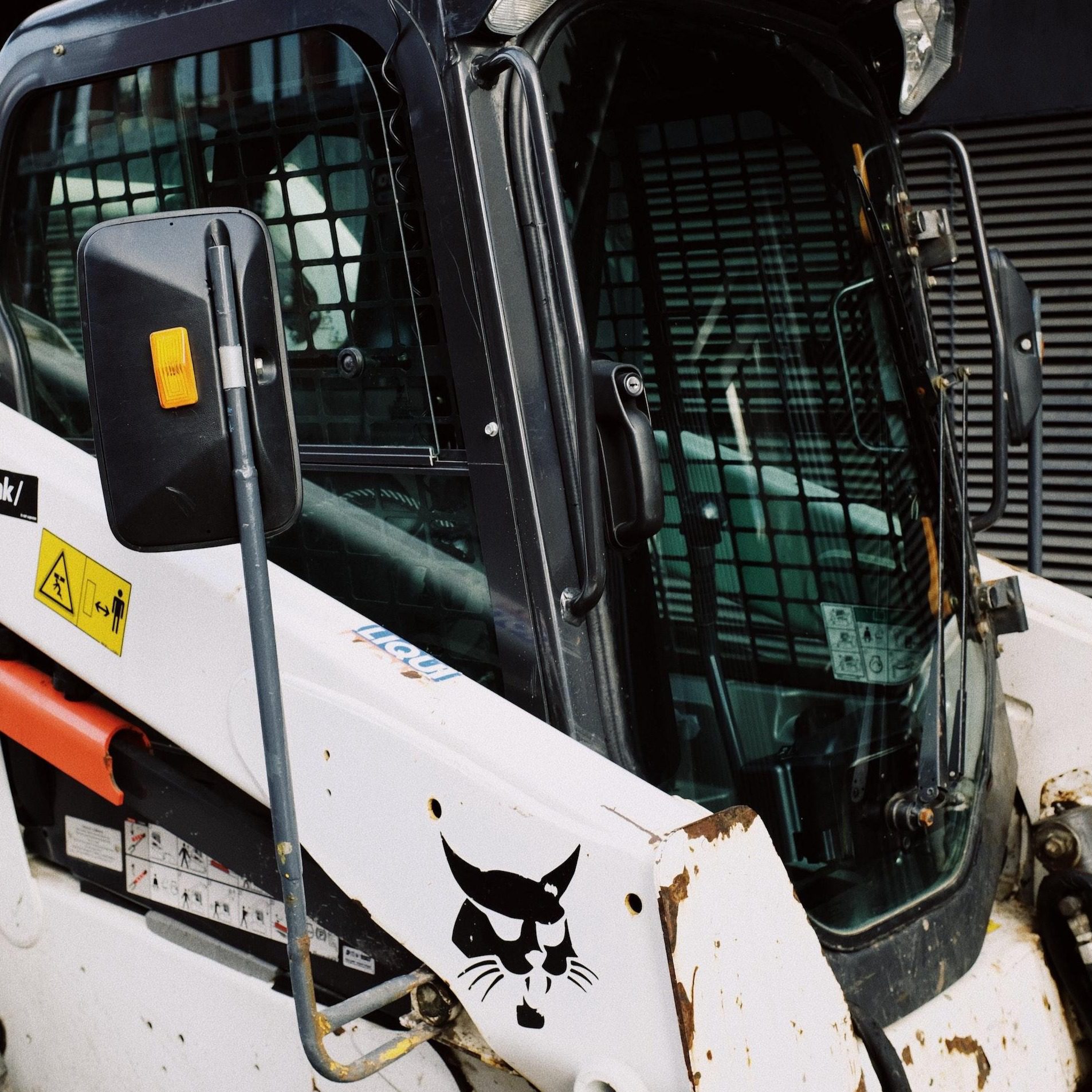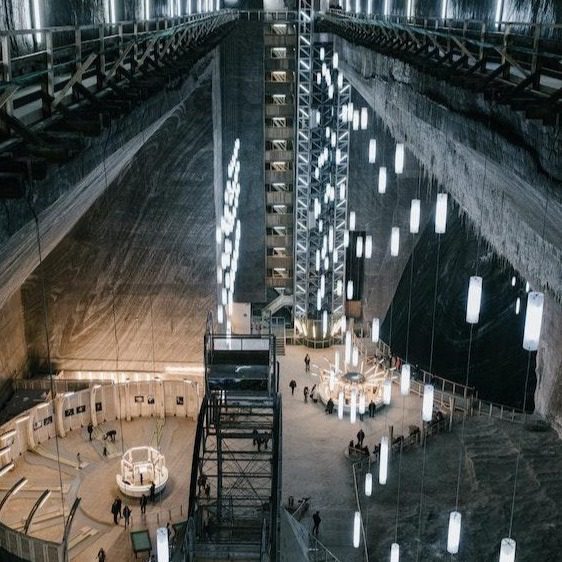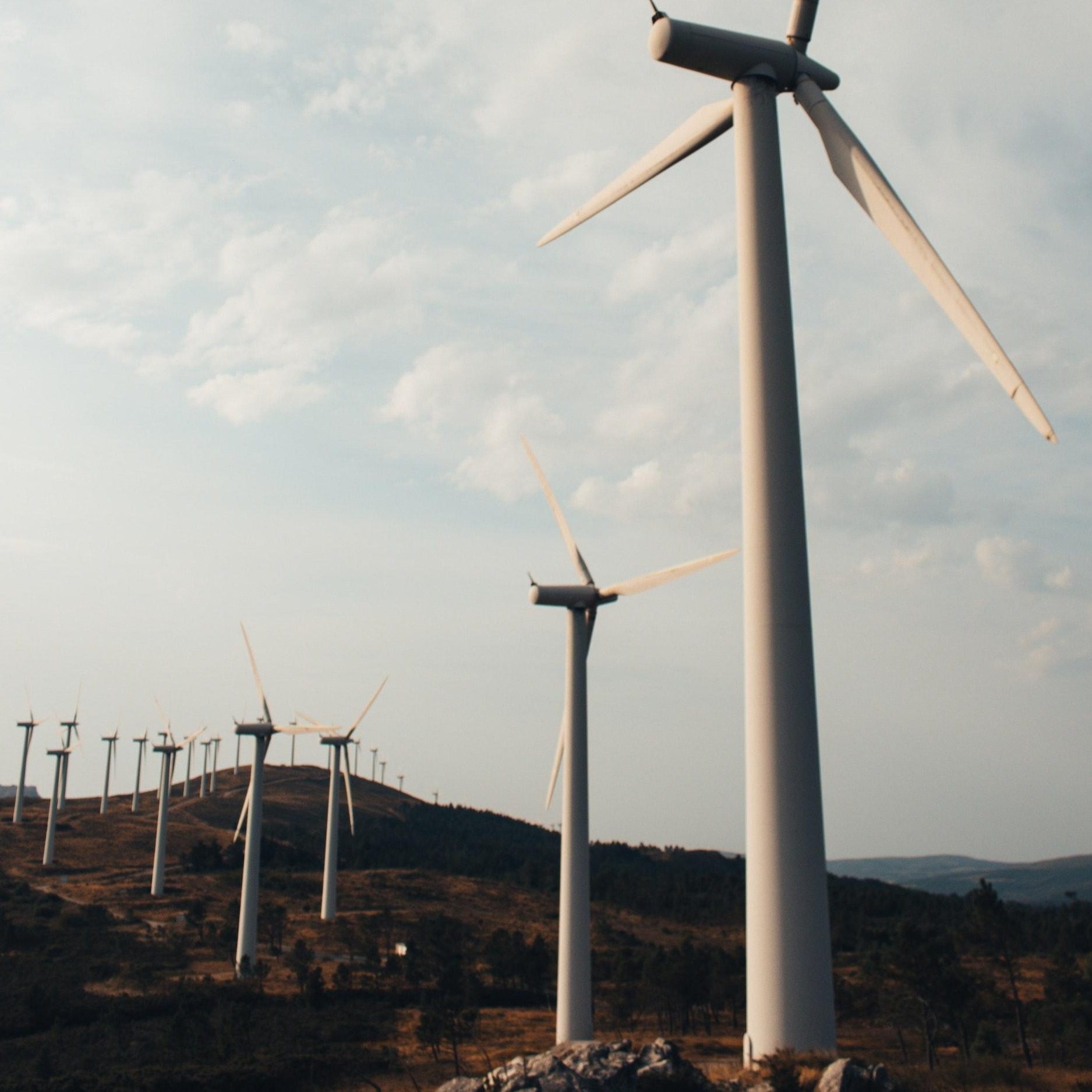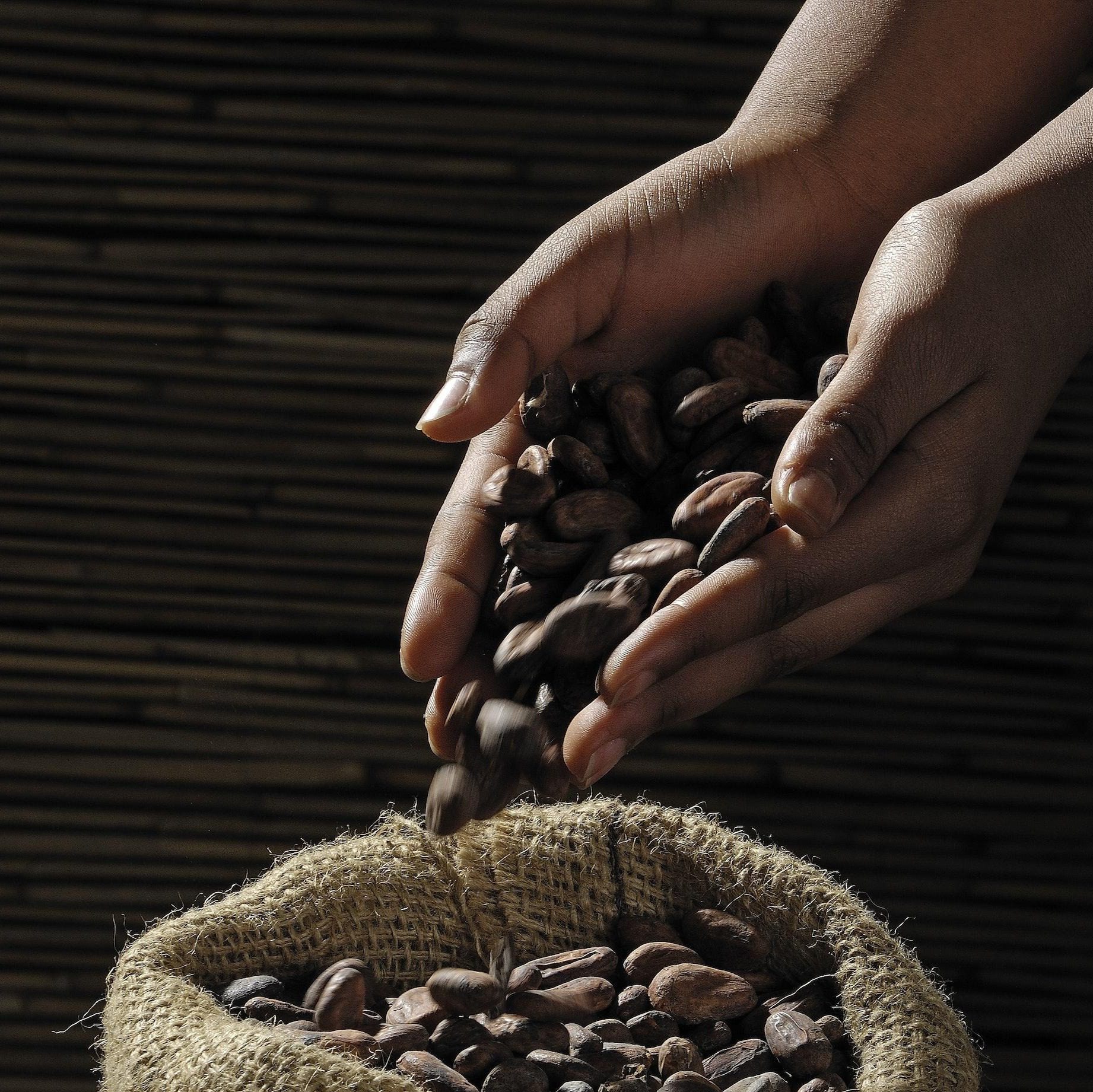NNPC TO BOOST ECONOMY WITH $4BN GAS PROJECTS
Nigeria is being positioned as a leading gas-powered economy through the construction of three key gas projects with a combined worth of about $4.15bn, the Federal Government announced on Thursday. It said the projects, being handled by the Nigerian National Petroleum Company Limited, include the Ajaokuta-Kaduna-Kano Gas Pipeline Project; Obiafu-Obrikom-Oben Gas Pipeline Project, popularly called OB3 gas project; and the Assa North-Ohaji South gas project, also known as ANOH project. The Permanent Secretary, Federal Ministry of Petroleum Resources, Nicholas Ella, disclosed this in Abuja during an interactive session with employees of the ministry. He said, “Under the Decade of Gas initiative, we significantly expanded gas infrastructure, including the AKK Gas Pipeline Project, the OB3 Gas Pipeline Project, and the ANOH gas project being undertaken by the NNPC Ltd. “These projects are geared towards ensuring an efficient and widespread distribution of gas, positioning Nigeria as a leading gas-powered economy.” Industry data showed that the ANOH project is worth $650m. This is after a cost optimisation program brought the initial budget of $700m down. The project is not operational yet, with the first gas expected in the third quarter of 2024. For the AKK gas pipeline project, the total cost is estimated at around $2.8bn. The pipeline’s value is not just about construction. It is expected to bring significant economic benefits to Nigeria by delivering gas to power plants, increasing electricity generation, supporting industrial growth in Northern Nigeria and creating jobs. The $700m Obiafu-Obrikom-Oben gas pipeline project, popularly called OB3, started sometime in 2016 and is also known as the East-West Pipeline. It connects the Obiafu-Obrikom gas plant near Omuku, Rivers State, to Oben, Edo State and is to transport over two billion standard cubic feet of gas per day. Speaking further on gas infrastructure at the meeting, the permanent secretary said, “The President places a high premium on gas infrastructure development and supply. He demonstrated this with the launch of the Decade of Gas programme, ensuring Nigeria expands the supply and distribution of gas as the major source of energy. “Many states of the federation are latching onto the Federal Government’s gas expansion programme. We are vigorously driving gas expansion to every nook and cranny of the country with the National Gas Expansion Programme.”
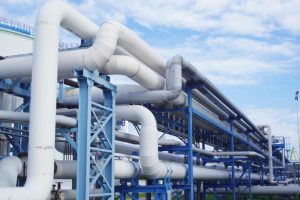
CBN WILL SUPPORT EUROBOND ISSUE, MEASURES TO BOOST EXTERNAL RESERVES – CARDOSO
Governor, Central Bank of Nigeria, Olayemi Cardoso yesterday said that the apex bank will support measures to boost the nation’s external reserves including the proposed Eurobond issue by the Federal Government. Cardoso stated this in an interview with Bloomberg TV, saying, “We should have a diversity of sources. It shouldn’t just be the eurobond market, it shouldn’t just be foreign portfolio investors, it should be a hodgepodge of different things.” Speaking further, Cardoso said that the CBN is “relatively pleased” with the progress it has made in stabilizing the naira and believes the excessive volatility may be a thing of the past. “I do believe that we have more or less seen the worst in terms of volatility. “We are also very alive to observing the way and manner in which that market operates and ensuring that it gives the best value that that can be accomplished using certain tools,” he said. Cardoso said reviving confidence in the naira is crucial for the Nigeria to lure investors. Since Cardoso assumed office as in September, the CBN has increased interest rates by 750 basis points to 26.25%, cleared a foreign-exchange backlog and overhauled the country’s exchange rate policies – effectively devaluing the naira. That’s helped stabilize the naira, even though it’s still the world’s worst performing currency this year after the Lebanese pound. “Our thoughts align with those of the governor,” said Olumide Sole, analyst at Lagos-based Vetiva Capital Management Ltd. “Based on the purchasing power parity model, the naira is currently valued at 900 naira levels, which is far less than the current market price.” The naira has been trading in a narrow range between N1,473 and N1,490 per dollar this month. It fell 0.3% to 1,492.71 to the dollar on Tuesday. “We’re relatively pleased with where we are,” Cardoso said. Even so, he said the central bank needs to do more. “It’s continuous work in progress. And we will do everything possible to ensure that we continue to manage the macroeconomic fundamentals that affect that.”
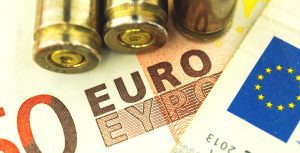
SEC, NGX GROUP AGREE TO CAPITAL MARKET DIGITAL TRANSFORMATION
The Securities and Exchange Commission (SEC) and Nigerian Exchange Group Plc (NGX Group) have affirmed their dedication to the comprehensive digitisation of the capital market, aligning with the transformation strategy outlined in the revised Capital Market Masterplan. The announcement came during a press briefing and stakeholder engagement session held at the NGX in Lagos. Both organisations detailed their collaborative efforts to develop a digital solution aimed at transforming the primary market equity capital-raising process, with a focus on public offers and rights issues. Subject to SEC approval, this innovative platform represents a significant advancement in digitising the capital raising process for Issuers. Stakeholders are expected to benefit from enhanced efficiency, streamlined due diligence capabilities, ease of use and accessibility, faster information dissemination, and seamless compliance with regulatory requirements, among other features. Dr. Emomotimi Agama, Director-General of SEC, addressed stakeholders, stating: “I would like to commend NGX Group and all partners on this development. This digital transformation initiative is a testament to our shared commitment to fostering an innovative, efficient, and reliable capital market, embedded in the Capital Market Masterplan. By leveraging technology, we can attract the younger generation of investors, enhance regulatory oversight and create a world-class market. This digitisation will play a crucial role in setting a new standard for capital raising in Nigeria and enable the capital market support the achievement of the US$1 trillion economy target of the current administration.” Temi Popoola, Group Managing Director/Chief Executive Officer of NGX Group, emphasised the platform’s significance, stating, “This platform marks a pivotal moment in the evolution of the Nigerian capital market. With the support of the regulator and our stakeholders, we have developed an end-to-end digitised market infrastructure platform for distributing financial products, in this case public offers and rights issues. I can assure the investing public that robust payment systems, comprehensive Know Your Customer protocols, and strong fraud and risk management measures are fully integrated, also ensuring standard capital market intermediation is upheld without compromise.”
NAIRA RATED WORST PERFORMING CURRENCY IN 2024
The naira has emerged as the worst-performing currency in the world in the first half of 2024. According to a report by Bloomberg on Friday, devaluation, insufficient dollar liquidity, and market volatility have hindered efforts by the Central Bank of Nigeria to strengthen the currency. Besides the naira, Egypt’s pound and Ghana’s cedi were the world’s other worst performers in the first six months of the year. Tracking data from FMDQ, Bloomberg said that the naira weakened for a ninth straight day to 1,510 per dollar by the close on Thursday. “The losing streak is the longest since July 2017 and takes the decline since the start of the year to 40 per cent. “The naira’s performance is the worst among global currencies tracked by Bloomberg beside that of the pound in Lebanon, which is undergoing an economic crisis and witnessing dollarisation,” the report noted. Providing an update on the currency, the Head of Africa Strategy at Standard Chartered Bank Plc, Samir Gadio, in a mail said, “While the naira is undervalued and has seen significant adjustment. The supply of dollars needs to improve for the currency to be supported. “Portfolio inflows have yet to pick up, even amid still-attractive local rates. “What will matter going forward is whether it can stabilise on improving foreign exchange inflows and perhaps see some appreciation.” According to PwC in its latest economic report on Nigeria, the naira depreciated against the dollar by 67.8 per cent from an average of N461.1 in May 2023 to N1,433.80 in May 2024. “The depreciation took effect despite foreign exchange market reforms by CBN to achieve price discovery and attract liquidity to the market,” PwC said. In March, the naira had emerged as the best-performing currency in the world, a feat which was reversed the next month. Bloomberg added that the currency was volatile between mid-April and May due to the imbalance between demand and supply for the greenback before the trend moderated in June on an improvement in dollar inflows. Meanwhile, earlier this week, the CBN Governor, Olayemi Cardoso, stated that the worst of the naira’s volatility may be over.
NIGERIA’S FX RESERVES HIT $34.14BN
Nigeria’s reserves have continued an upward trajectory, hitting $34.14bn on Friday, having appreciated by 4.06 per cent from $32.74bn on June 3, 2024, data from the Central Bank of Nigeria has shown The country’s reserves are boosted by the latest rounds of loans the Federal Government got from the World Bank. In May, the Bureau of Public Enterprises disclosed that the Federal Government had secured a $500m World Bank loan to bolster the country’s electricity distribution sector. Also, the World Bank revealed that the country would get $2.25bn support to enable it to stabilise the economy. “This combined $2.25bn package provides immediate financial and technical support to Nigeria’s urgent efforts to stabilise the economy and scale up support to the poor and most economically at risk. It further supports Nigeria’s ambitious, multi-year effort to raise non-oil revenues and safeguard oil revenues to promote fiscal sustainability and provide sufficient resources to deliver quality public services.” The multilateral lender stated in a statement. Consequently, the external reserves have gained over $1bn in just one month. Last year, the country struggled with a shortage of dollars, which forced the central bank to float the naira, to increase foreign exchange inflow. The local currency has, thereafter, depreciated by over 300 per cent in one year to 1,514.31/$ at the Nigerian Autonomous Foreign Exchange market on Friday. According to a Bloomberg report on Friday, the naira emerged as the worst-performing currency in the world in the first half of 2024. It noted that devaluation, insufficient dollar liquidity, and market volatility had hindered efforts by the Central Bank of Nigeria to strengthen the currency. Besides the naira, Egypt’s pound and Ghana’s cedi were the world’s other worst performers in the first six months of the year.
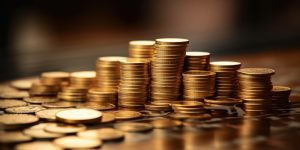
- CAPITALDIGEST MARKET REVIEW, 09/02/2026February 9, 2026
- CAPITALDIGEST DAILYNEWS, 09/02/2026February 9, 2026
- CAPITALDIGEST MARKET REVIEW, 02/02/2026February 2, 2026
Enter your email address for receiving valuable newsletters.
- CAPITALDIGEST MARKET REVIEW, 09/02/2026U.S. DOLLAR REBOUND TO BE CUT SHORT BY RATE CUT BETS, DOUBTS OVER FED INDEPENDENCE:...February 9, 2026
- CAPITALDIGEST DAILYNEWS, 09/02/2026TAXES, FUEL HIKE SLOW BUSINESS GROWTH IN JANUARY – NESG REPORT The report showed that...February 9, 2026
- CAPITALDIGEST MARKET REVIEW, 02/02/2026DOLLAR WEAKENS ACROSS THE BOARD AS YEN CLIMBS ON INTERVENTION RISK The dollar moved sharply...February 2, 2026


